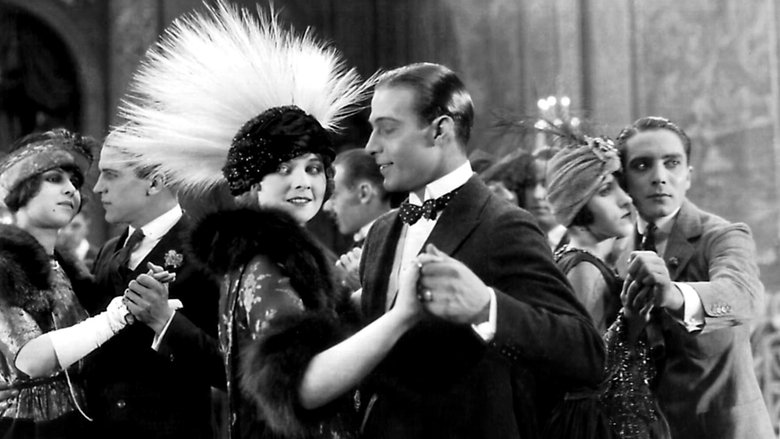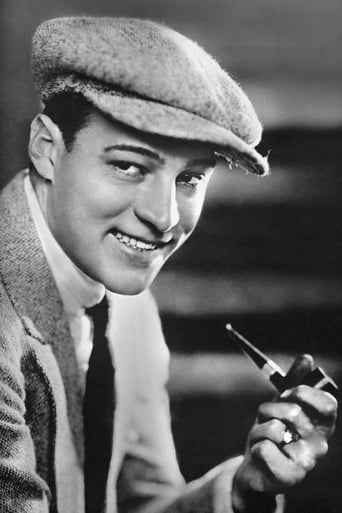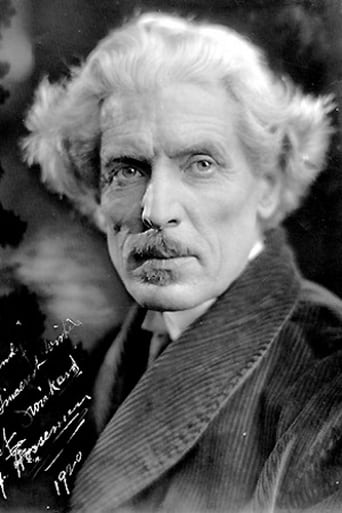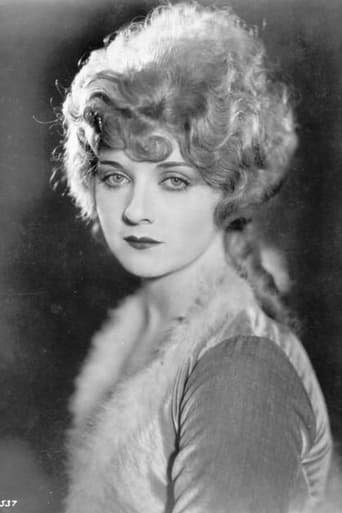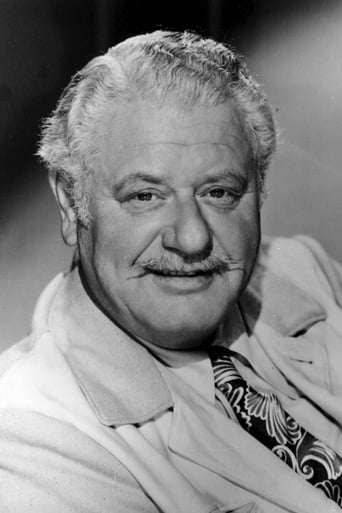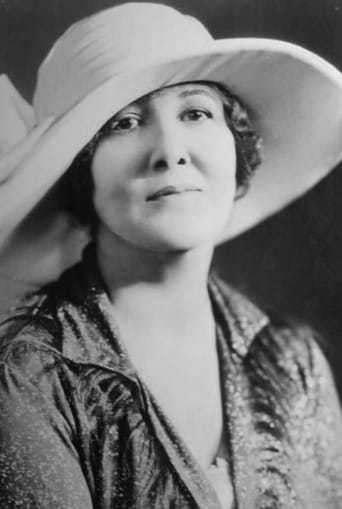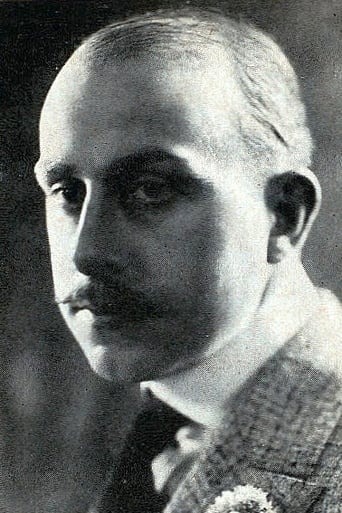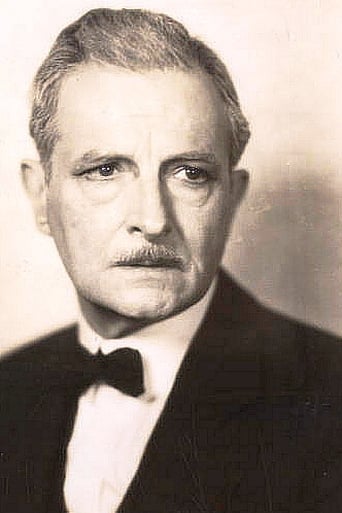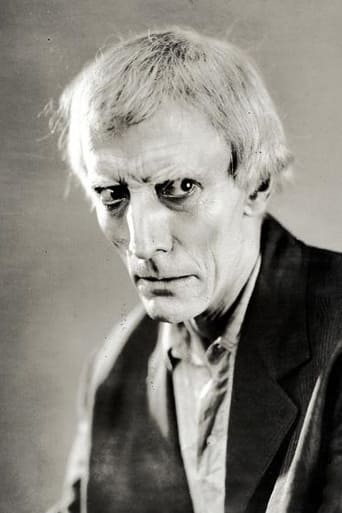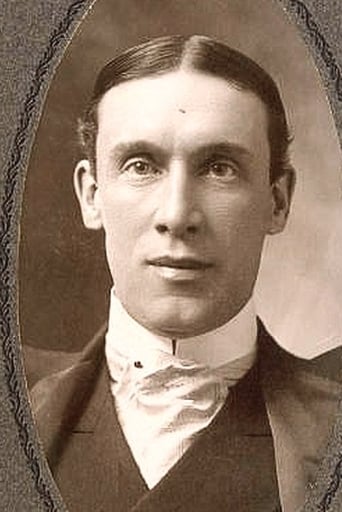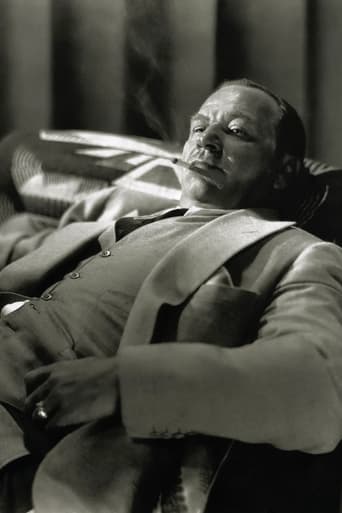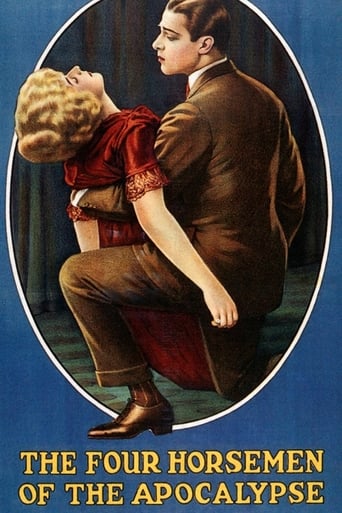
The Four Horsemen of the Apocalypse
March. 06,1921Set in the years before and during World War I, this epic tale tells the story of a rich Argentine family, one of its two descending branches being half of French heritage, the other being half German. Following the death of the family patriarch, the man's two daughters and their families resettle to France and Germany, respectively. In time the Great War breaks out, putting members of the family on opposing sides.
Similar titles
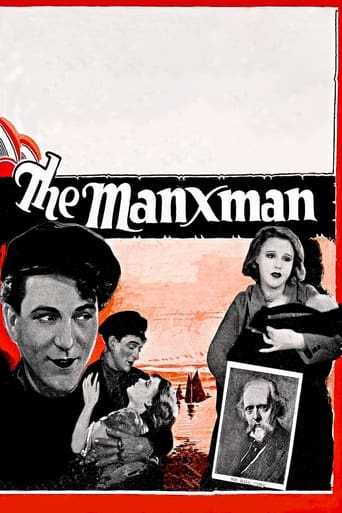
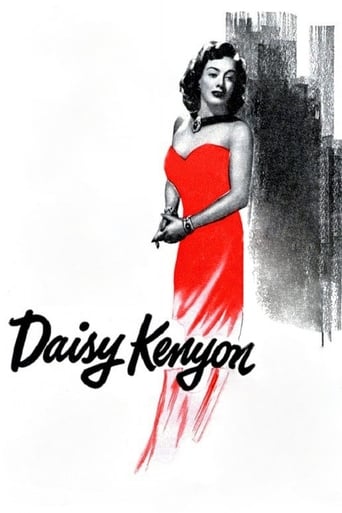
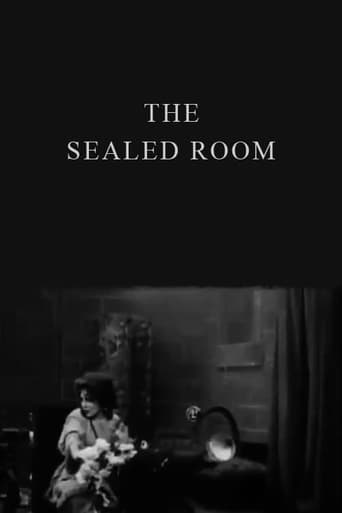
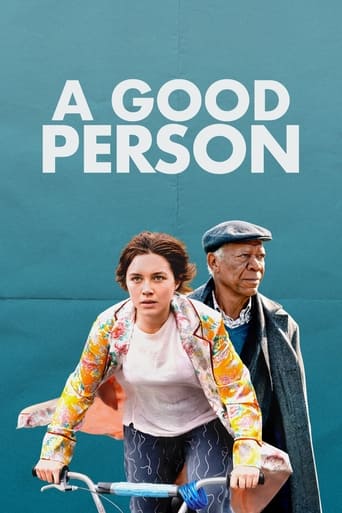
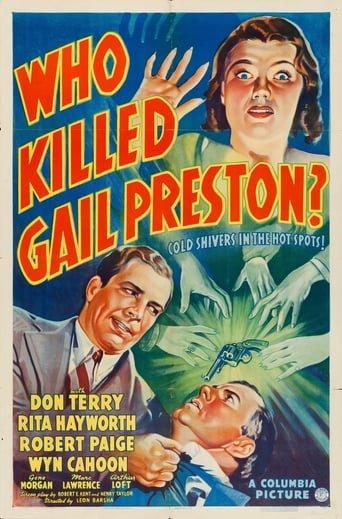
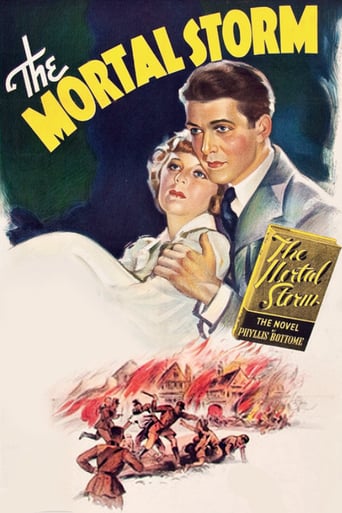
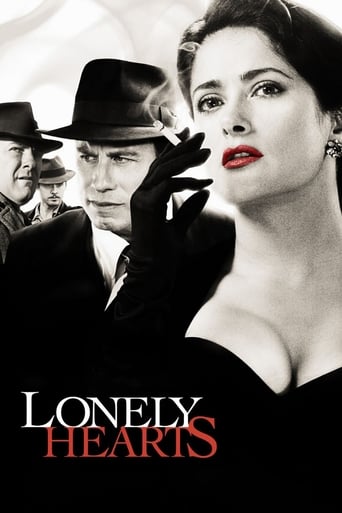
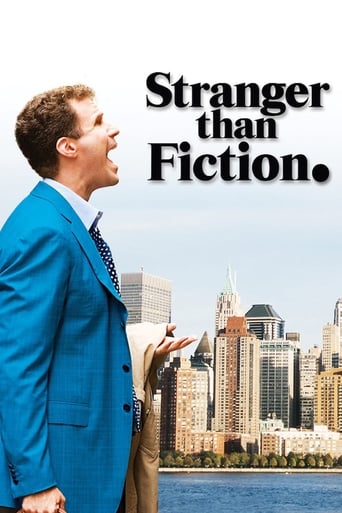
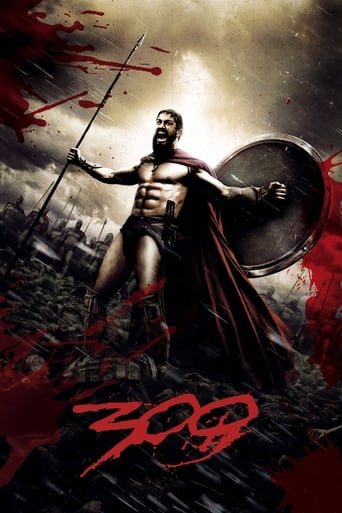
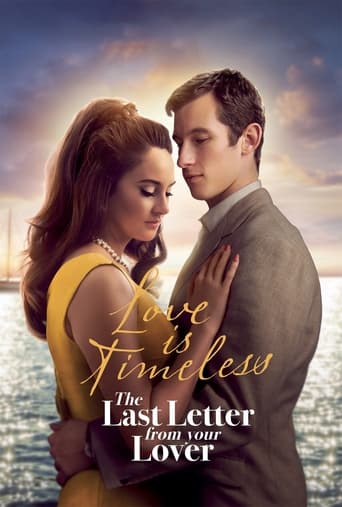
Reviews
Save your money for something good and enjoyable
Excellent adaptation.
A different way of telling a story
The movie's neither hopeful in contrived ways, nor hopeless in different contrived ways. Somehow it manages to be wonderful
The Four Horsemen of the Apocalypse (1921) was the biggest blockbuster of its day and among the highest-grossing films of the 1920s. Today, it is the most well-known film of the unsung director Rex Ingram, notable for being the film which launched the career of heartthrob Rudolph Valentino with the iconic tango sequence, and it is lauded as an early anti-war picture. But is it really deserving of the praise and attention it gets outside of historical significance? The film itself is unevenly paced, even stately. One feels every slow minute of its two hours. Ingram's direction is good though, and the visuals are stunning, as they always are in an Ingram production.The acting is uneven too. Valentino does well as Julio, going from a callow philanderer to a selfless war hero. His more restrained technique is a great contrast to the eye-bulging insanity he displays in his most well-known film, that masterpiece of kitsch, The Sheik (1921). However, I think his best performance was still ahead of him in The Eagle (1925), where he juggles drama, comedy, action, and sensual romance with ease.Alice Terry is not one of my favorite actresses, as I find she doesn't possess much charisma for a leading lady. This is probably one of her better performances, a restrained portrait of romantic yearning and a struggle between her happiness and the welfare of her much older husband.Though many have praised his performance, I found Joseph Swickard to be almost embarrassing as Valentino's father. He reacts to the atrocities around him with bulging eyes and cartoonish trembling. When he collapses while telling Julio to be ruthless in war, it comes across as unintentionally comedic rather than emotional.I also disagree with the notion that this is an anti-war picture. The depiction of the Germans in this film is as extreme as the cartoonish villainy of Erich von Stroheim's nurse-raping and child-murdering Prussian lieutenant in The Heart of Humanity (1918). While the characters regret the casualties of the war, the film suggests that the war had to happen because those evil Germans had to be stopped. The enemy are not treated like people; they're all wicked and that is definitely reminiscent of wartime propaganda, not a movie arguing for pacifism or the senselessness of war.Honestly, I wish Ingram were more remembered for his excellent production of Scaramouche (1923), which is even greater than the more celebrated 1953 remake. It also has better performances and pacing. Four Horsemen is a decent epic, but it isn't anymore memorable than any other by-the-numbers blockbuster Hollywood had and has cranked out before or after.
This is surely a visually magnificent film to watch, especially if you get to see a copy of the tinted Photoplay restoration with a great score by Carl Davis.It strikes me however that few commentators here seem to bother about the very nasty portrayal of German people in this film. Despite its claims for universality, condemning WWI in general and not just a single nation (or class for that matter) involved in it, the image of the Germans is no different from the wartime propaganda huns as portrayed by Erich von Stroheim and others. They appear as arrogant, cold, ugly, brutal, grotesque, greedy, militaristic idiots, who even in peacetime in a civilian/family setting march in line and click their heels all the time. Julio's three cousins are portrayed as bespectacled, mischievously grinning jerks who obey their father's commands as if he was an army officer, even as children. They are even shown reading Nietzsche's Zarathustra and it's appraisals of the warrior man as if it was some kind of a bible. A race of villainous, natural born warmongers, it seems. Now this can hardly be the basis for an honest anti-war-movie. Compare this portrayal to the very different, more human and sympathetic image of German people in John Ford's FOUR SONS and of course ALL QUIET ON THE WESTERN FRONT. Despite the now-campiness of these scenes in question I find them still quite offensive and hard to watch, even given that most silent movies made heavy use of strong contrasts and stereotyping. I guess in 1920 the anti-German resentments in the US were still very strong, which even caused D. W. Griffith to absurdly switch a German refugee family in post-war Berlin into a polish refugee family in ISN'T LIFE WONDERFUL - as late as 1924! All this shift from anti-war-intentions to merely anti-German clichés somewhat betrays the "message" of the movie, which admittedly comes across quite rhetorical and pretentious in the first place, and is indeed one of the movie's weakest and most dated points. It just seems to be tagged onto the Valentino adultery romance story for mere dramatic effect (as in the vision of the Apocalyptic Horsemen and the final graveyard scene). But overall the war theme doesn't really stand in the center of the movie.
Four Horsemen of the Apocalypse, The (1921) *** (out of 4) Rudolph Valentino does the tango here and with that one scene he became a household name, one of the biggest stars around and forever put his name in the books of Hollywood legend. The Argentinean Madariago (Pomeroy Cannon) has two daughters; one who marries a a French guy and one who marries a German against his wishes. The French daughter has a son named Julio (Valentino) who quickly because his grandfather's favorite but after Madariago dies, the two families movie back to the husband's home countries and soon afterwards WW1 breaks out. Julio, who lived as a playboy, must choose if he wants to give his lifestyle up and join the war. This legendary film from Rex Ingram certainly lives up to its reputation even though some of the anti-war feelings are a little backwards. There's no doubt the film is against the war but at the same time the film paints Valentino as a coward for not wanting to fight in the war. How can you have an anti-character in an anti-war film being shown as a coward? Outside of that this is a very impressive film and what also impressed me was the tinting used by Ingram. For the most part the film is shown in a brown tint but it also switches back to your typical B&W footage while yet again changing to a red tint for the horsemen scenes. The horsemen scenes are very well done and I thought that the special effects still looked quite good. The few battle scenes in the film look nice as well. The performances are all very good with Valentino giving the best performance I've seen from him in the eight or so movies I've watched of his. He's very good during the romance scenes but he also proves himself quite well in the dramatic department. Cannon, Josef Swickard, Alice Terry and Brinsley Shaw are also good in their roles. Wallace Beery is good in his few scenes as a German officer.
I had always wanted to watch this Silent version of the Vicente Blasco Ibanez novel (who, incidentally, wrote MARE NOSTRUM as well - also filmed by Ingram in 1926), especially since it's considered to be vastly superior to the 1961 Vincente Minnelli remake in color and widescreen - which is a film I've watched quite a few times and which I've actually always liked! Still, now I can't help but agree that the remake is virtually overblown in every department by comparison with the original; the only thing I could find where it improved on the Silent version is the relationship between Julio and his German cousin, which is rather underdeveloped in Ingram's film (though in both versions, the two of them die together).The large-scale production is truly impressive, with settings ranging from rural Argentina to the French aristocracy and the grimy battlefields of World War I - not to mention a striking vision of Hell, with a gigantic fire-breathing demon unleashing the somber and ominous titular figures. The cast is certainly efficient, though some of the familiar names actually only gained popularity years later (Alan Hale, Wallace Beery and Jean Hersholt): Rudolph Valentino was shot to super-stardom with his role of the gigolo who develops a conscience and gives his life for a country which is not even his (a miscast Glenn Ford was certainly no match for him in the remake!); the tango sequence is justly celebrated, but his performance is excellent throughout (again, this might very well constitute his best work). Needless to say, the female lead was played by Ingram's own wife Alice Terry; also worth mentioning is Nigel De Brulier as a gaunt and gloomy exiled Russian who 'sees' the Four Horsemen and predicts the extent of their havoc. Though quite slow-going, the plot is compelling and the handling vivid enough to withstand its hefty 134-minute duration; as a matter of fact, the film is probably the most notable epic 'family saga' since D.W. Griffith's THE BIRTH OF A NATION (1915) which, obviously, had dealt with the American Civil War and its turbulent aftermath.I've watched 6 Rex Ingram films so far and, apparently, the only two surviving titles of his I've yet to catch up with are THE ARAB (1924) and THE GARDEN OF ALLAH (1927); this is possibly the finest of them, however, despite being the oldest - and I'm surprised it still hasn't made it to DVD (from Warners), ideally as a 2-Disc Set in order to include the Sound remake...
Top Streaming Movies











